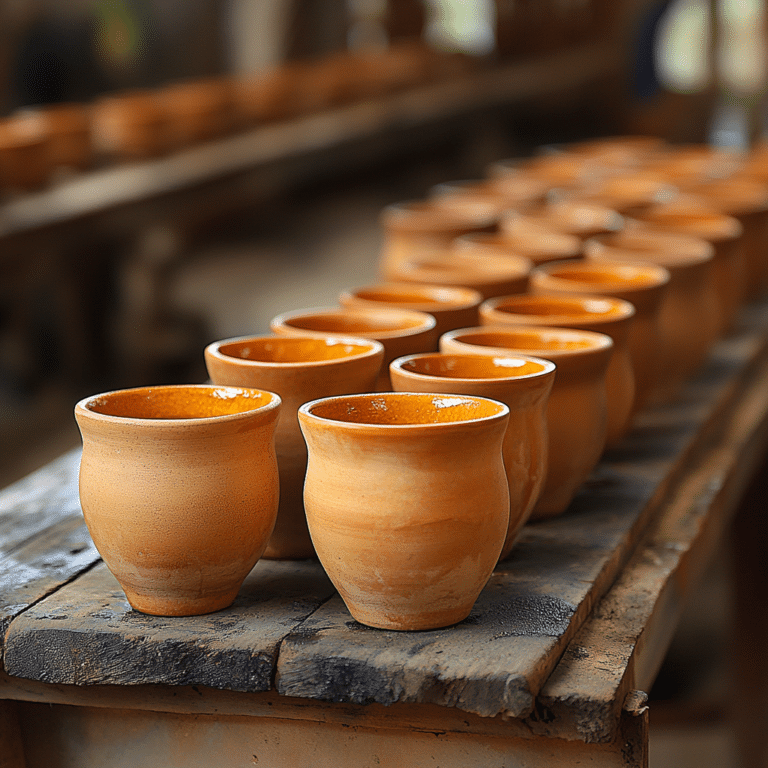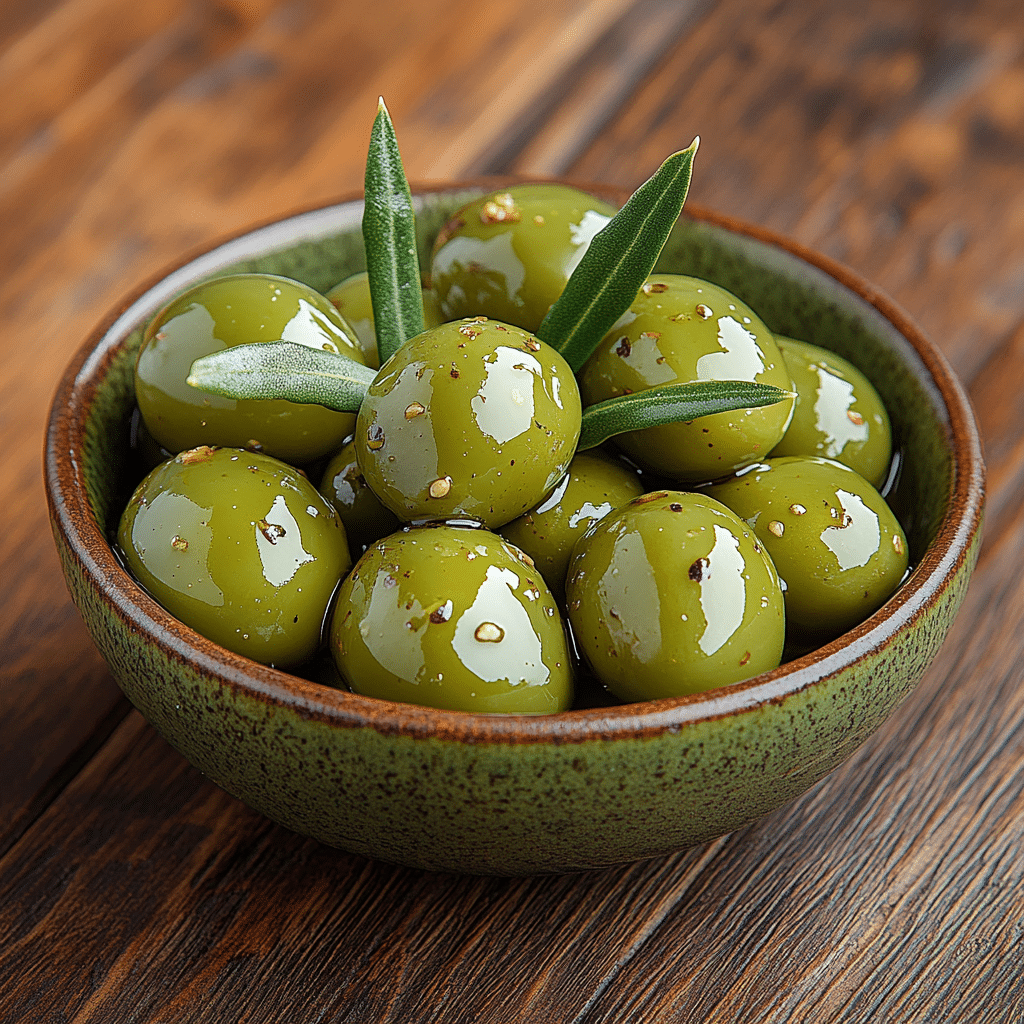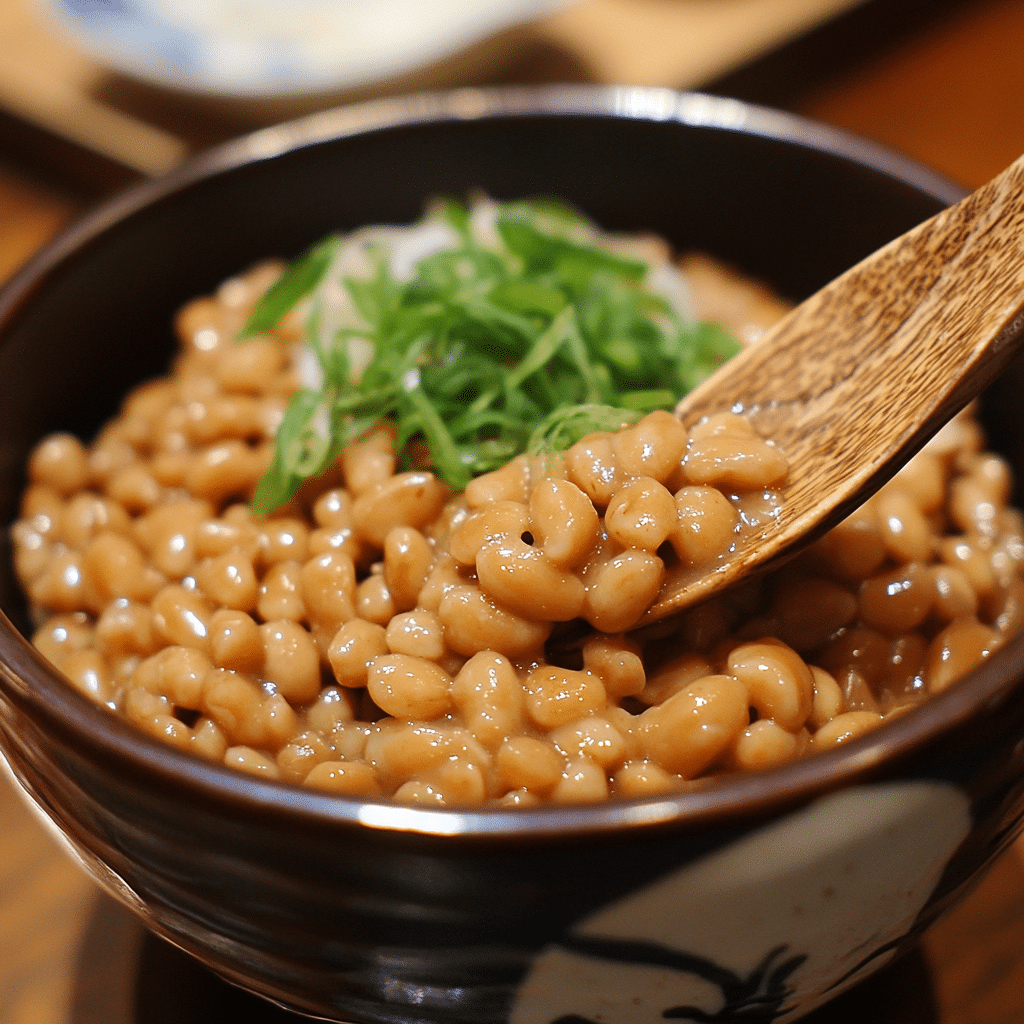The olive is not just any fruit; it’s a powerhouse filled with history, health benefits, and culinary magic. Whether you’re looking to shred fat, build muscle, or live a healthier life, olives should be on your radar. This little fruit boasts a rich past and a wealth of health perks that you can’t afford to ignore. Let’s dive deep into the amazing world of olives and understand why they deserve a permanent spot in your diet.

The Historical Significance of the Olive
The olive tree, native to the Mediterranean, has been cultivated for over 6,000 years and is a cornerstone of ancient civilizations. These majestic trees provided sustenance and played a key role in religious rituals, medicine, and even served as currency! You heard it right! Archaeological findings in places like Crete tell us that olives were not just a snack; they were a vital dietary staple in Minoan culture, underpinning extensive trade networks. It’s incredible to think how a simple fruit helped shape societies.
Throughout history, the olive has also been a symbol of peace and prosperity. In ancient Rome, emperors showered it upon their citizens, while in Greece, it was considered a gift from the gods. Connecting the dots back to civilization, olives show just how intertwined our nutrition is with culture and tradition. So next time you toss a handful of olives on your salad, remember you’re not just indulging in a snack; you’re partaking in a timeless legacy steeped in significance.
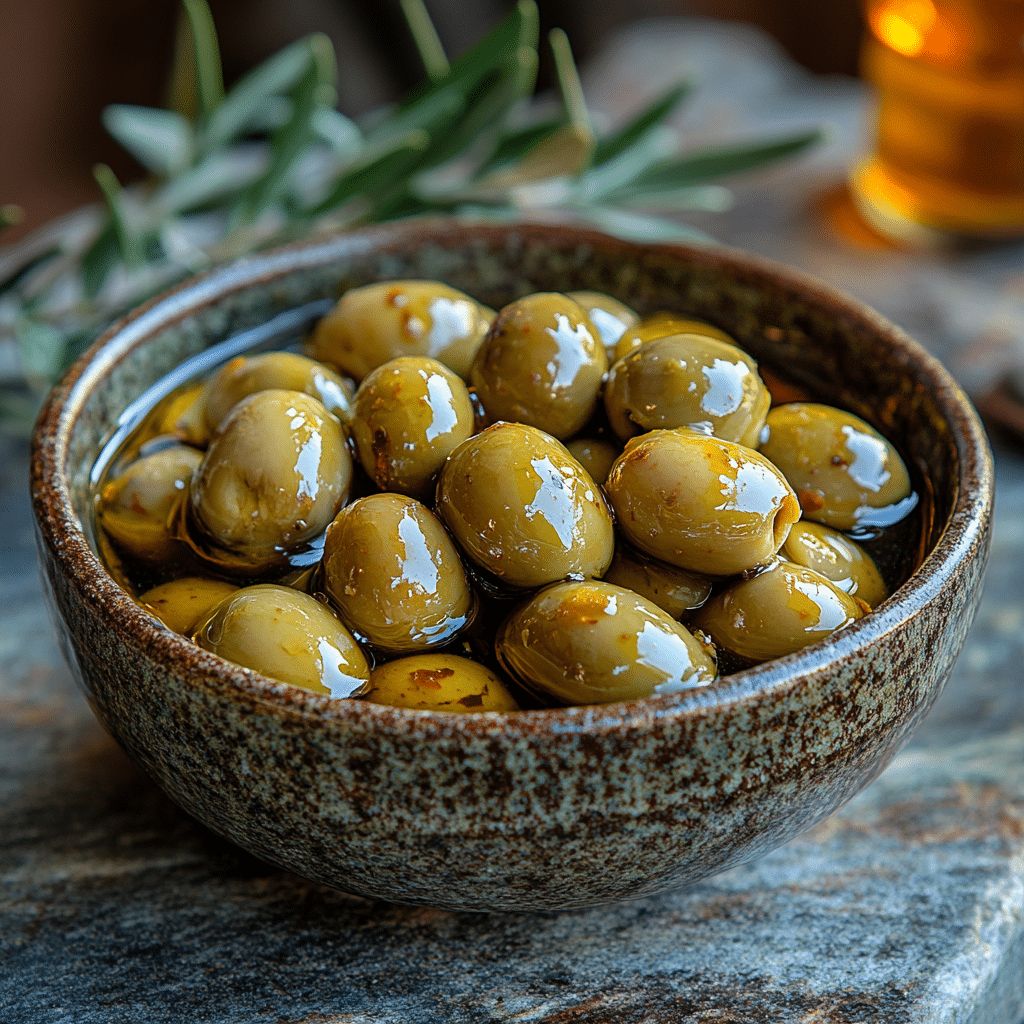
Top 7 Health Benefits of Olives: Why You Should Include Them in Your Diet
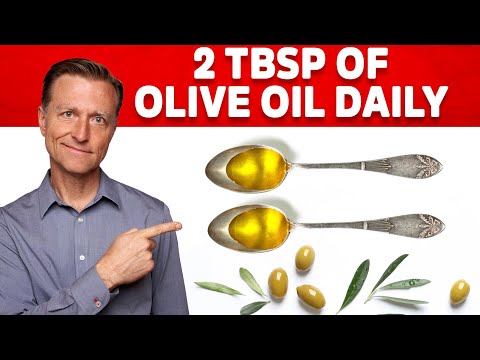
The Cultural Role of Olives: From Harvest Festivals to Culinary Icons
The olive isn’t just a food; it’s a cultural heavyweight across the globe. In Spain, the annual olive harvest festival brings communities together in a vibrant celebration, highlighting the bond between people and their land. This isn’t just about food; it’s a connection to heritage and local pride.
In Italy, the love for olives manifests in regional oil varieties that are not just marketed but celebrated. Each type carries its own unique flavor and aroma, showcasing the region’s distinct culinary traditions. Whether drizzled on pasta or used in a classic tapenade, olives flaunt their versatility while making a statement.
The culinary arts have embraced the olive as a staple ingredient, and for good reason. Whether it’s hazel olives that bring a nutty flavor or rosemary-infused olives that add a fragrant touch, these fruits can elevate any meal. From charcuterie boards to Mediterranean dishes, olives are culinary champions that deserve a spot at the table.
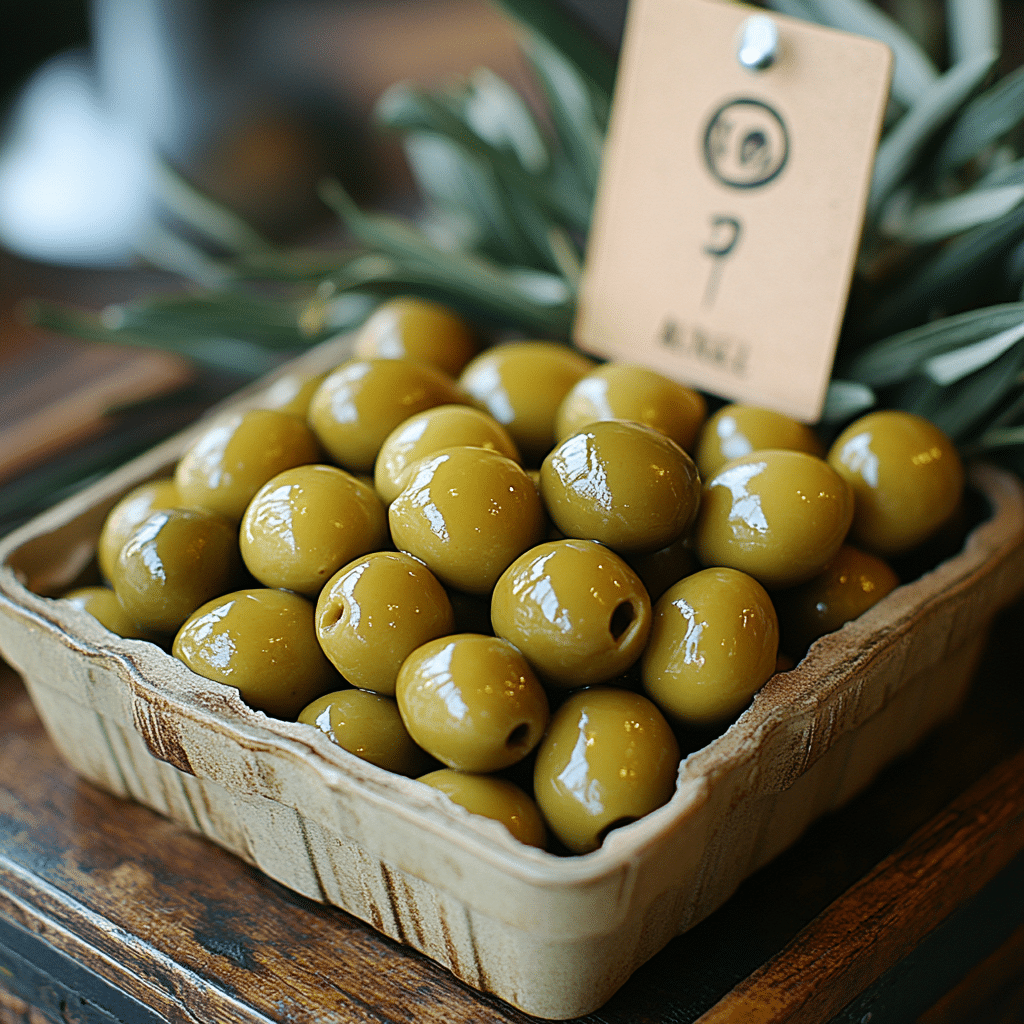
Exploring Olive Varieties: Hazel and Rosemary Infusions
The world of olives is not monolithic; different regions yield distinct varieties with unique flavors and culinary uses. For example, hazel olives, hailing from the Murcian region in Spain, offer a nutty flavor that’s perfect for creating tapenade. It’s fantastic how one ingredient can bring a twist to your traditional dishes.
On the flip side, rosemary-infused olives have taken the market by storm, especially in artisanal circles. These aromatic delights not only add-depth to dishes but are also a wonderful talking point at any gathering. Brands like Oliva are known for their rosemary-filled olives that slot beautifully into charcuterie boards, making them a hit for any occasion.
The beauty of olives lies not just in their taste but in the craft behind their production. Understanding the nuances between different varieties elevates your culinary experience, enabling you to select the right olive for every meal.
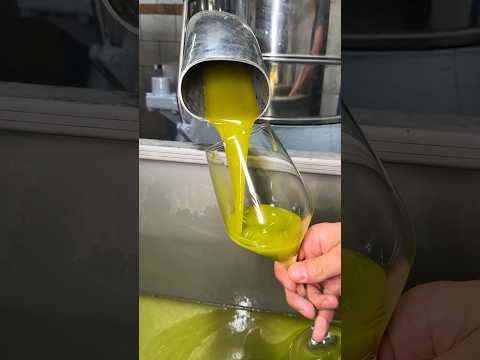
The Impact of Olive Oil Production on Sustainability
With environmental consciousness on the rise, the practices behind olive oil production have come under scrutiny. Sustainable methods are gaining traction among brands like Lucini Italia, which focus on eco-friendly farming—to minimize water usage while preserving biodiversity. This not only benefits the planet but also enhances the quality and flavor of the oil produced.
By investing in sustainable practices, olive growers contribute to a healthier environment and produce superior products. This approach reflects a growing trend in agriculture—a focus on quality over quantity, with olives leading the charge.
Choosing olives and olive products that emphasize sustainable production sends a powerful statement. It connects consumers to their food source and ensures that the next generations experience the richness of this extraordinary fruit.
Global Trends and Innovations in Olive Products
In the ever-changing food landscape, innovation is sweeping across olive products beyond traditional oil. The rise of olive leaf teas and olive-based snacks caters to health-conscious consumers eager for nutritious alternatives. Brands like OliveSmart are tapping into this trend with snacks infused with olive extracts, packed with health benefits.
These snacks not only provide great taste but also add an exciting dimension to your diet. They’re perfect for those recovery days when you crave something delicious but don’t want to derail your fitness goals.
The olive’s journey from ancient times to modern health food stardom proves its versatility. As we step into 2024, the appreciation for olives flourishes, solidifying their significance in our diets and lifestyles.
The olive remains a vibrant example of how a simple fruit can embody sustainability, health, and tradition. So, whether you’re looking to get shredded, gain muscle, or just embrace healthier eating, make olives a staple in your pantry. Your body and taste buds will thank you!
Olive: The Extraordinary Journey of a Timeless Fruit
A Fruit of Many Layers
Did you know that olives have been a cherished snack for thousands of years? Archaeological finds date olive cultivation back to around 6000 BC in the Mediterranean region. This charismatic fruit is not just an ingredient; it’s a symbol of peace, wisdom, and victory in various cultures. From Olympic champions crowned with olive wreaths to fascinating culinary masterpieces, olives have an impressive history that transcends time. Interestingly, it’s thought that olives are one of the oldest cultivated fruits known to mankind, so every time you savor them, you’re partaking in a rich legacy.
Olive Oil Magic
Speaking of sacred symbolism, olive oil has played pivotal roles beyond the kitchen. It has been used in religious rituals, ancient medicine, and as a luxurious skincare component. In fact, recent studies show that olive oil is linked to heart health, being a staple of the Mediterranean diet. And get this: some experts imply it might even help with weight management, making the olive oil diet a trendy topic among health enthusiasts. Whether you’re prepping a meal with the best carry on backpack filled with gourmet goodies or just drizzling it on a salad, olive oil makes everything better.
Fun Olive Facts
Now, let’s sprinkle in a few fun olive facts to tickle your trivia bone! First off, did you know that California produces over 95% of the olives in the U.S.? That’s a whole lot of olives! However, your taste buds shouldn’t be confined to just green and black varieties. You can find olives in a stunning array of flavors, from tangy to sweet, and stuffed with goodies like garlic or jalapeños. And here’s a quirky tidbit: a single olive tree can live to be over a thousand years old! These venerable trees are often likened to old friends, full of wisdom and presence. So, next time you enjoy olives, remember that some of them have probably stood through centuries of history—much like the beloved character of Miss Congeniality, who also carries a timeless charm.
Olives truly embody a journey, one that’s been rich and varied through human history. Whether you’re munching on them for fun or giving your dish a splash of flavor, they’re more than just a fruit; they’re a connection to our past. So, treat your taste buds to the olive experience and relish the stories behind every bite!






